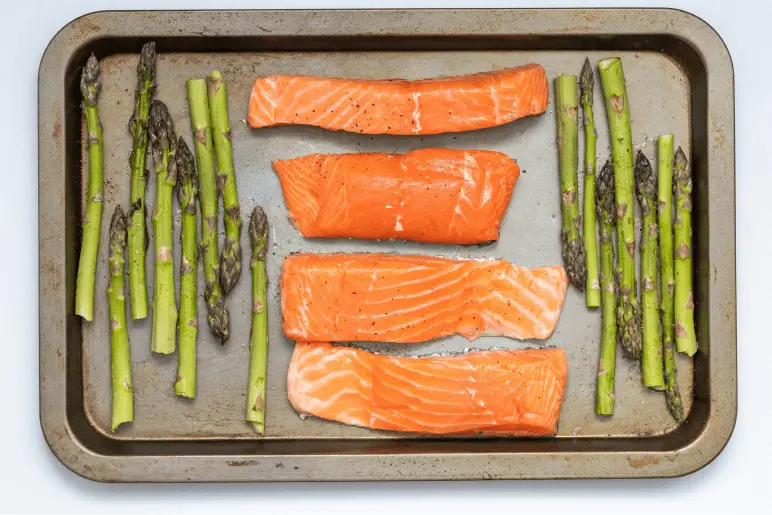The how and why of your food choices
Mindless eating vs mindful eating.

How you eat
Mindless eating vs mindful eating
We’ve all experienced this kind of eating before. You’re sitting in front of the TV with a packet of chips or a tub of ice-cream. The next time you look down, it’s all gone and you have next to no memory of eating it. But the good news is that flipping over to a mindful approach to eating can have a variety of benefits. Research shows that mindful eating is associated with reduced stress levels and improvements in mental wellbeing. If weight loss or healthy eating is your goal, studies suggest that mindful eating can lead to improved dietary choices and modest weight loss.
Why you eat
Emotional eating
When we experience negative emotions, we’ll look for anything that can soothe us. For many, that means turning to food. This is often food that we were given as children when sick or upset, but it may also just be our favourite foods. Unfortunately, very few will turn to a salad or piece of fruit when emotional. It’s more likely to be foods high in sugar, salt and fat eg chocolate, potato chips, ice cream. But research has suggested that people who eat emotionally can take action to minimise the impact. Exercise, mindful eating and coping strategies for reducing stress can all be beneficial for an emotional eating situation.
Boredom eating
This one is often attributed to kids, but as adults, we’re just as likely to eat out of boredom. Although boredom eating can tie in with other eating patterns like emotional eating, it also can exist on its own. When you feel restless or dissatisfied, your brain seeks out sensation and excitement. For many of us, food serves this purpose, particularly less healthy choices. The good news is that eating junk food when you’re bored doesn’t have to be inevitable. Research shows that choosing more exciting healthy options like fresh fruit can be just as satisfying for the bored brain. I love chopped up fresh fruit, coconut yoghurt sprinkled with nuts and seeds.
Other reasons
There are other factors that influence how you eat that can be beneficial or harmful, depending on the circumstances. People who are involved in sports or bodybuilding might take the approach of ‘food as fuel’. While it is fuel for your body, this approach ignores the other influences that food has. Food is not just fuel, it’s also social, cultural and often emotional. Eating for wellness and health benefits is often a good approach, except when taken to extremes. Sometimes, an obsession with the health benefits of food can lead to disordered eating and removal of major beneficial food groups. This is why it’s important to find your balance with food. Many people find that an 80/20 approach is best. 80% of what you eat can be healthy and beneficial for your overall wellbeing. 20% can be more about indulgence. This doesn’t mean you go off and eat 3 slices of bread if you’re Coeliac or intolerant! But it might mean having the occasional gluten-free treat at an event.
- If you’re looking to find your balance with food, go to www.bn2health.com.au and book an appointment with me
- You could also go to our website and look at our Detox and ketogenic Programs
References
https://www.ncbi.nlm.nih.gov/pmc/articles/PMC4381486/ https://www.ncbi.nlm.nih.gov/pmc/articles/PMC3485681/ https://www.sciencedirect.com/science/article/pii/S187704281406460X https://www.ncbi.nlm.nih.gov/pmc/articles/PMC6137864/
Read Next

Benefits of the Ketogenic Program
Explore the benefits of a ketogenic diet with Bn2 Health's program, designed for effective weight loss, improved energy, and overall well-being.
Read in 3 minutes
Detox your way healthy
Discover Bn2 Health's "Detox Your Way Healthy," a guide on your well-being through detox. Learn practical detox tips and explore a 6-week program.
Read in 3 minutes
Menopause and Essential Vitamins
Explore essential vitamins for menopause on Bn2 Health's page. How nutrients like calcium, vitamin D, and omega-3s support women's health during this transition.
Read in 2 minutes